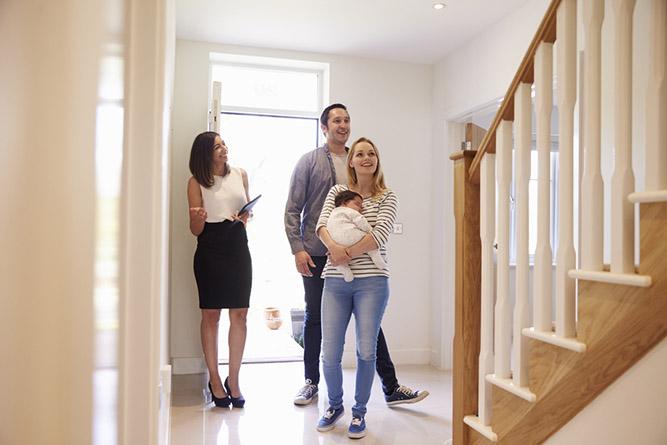
Mortgage lenders have begun requiring home buyers to either make a 20 percent down payment or buy private mortgage insurance in the wake of the mortgage meltdown. Some mortgage lenders have reduced the required down payment in the last couple of years, and they will now accept mortgage loans with only 5 percent or 10 percent down.
Even with a lower down payment requirement, mortgage lenders will require private mortgage insurance as a safety net for protection against the buyer’s possible default or failure to make payments on the loan. Lenders remain tough on borrowers as they are will require good credit and a low-debt-to-income ratio.
This is the main reason that making a significant down payment on your home is important. Private mortgage insurance is unfortunately expensive. The fees will inevitably vary based off of your credit score and the amount placed for down payment, but they can range from about 0.3 percent to 1.5 percent of the total loan amount. The amount that PMI typically adds to your annual mortgage payment is about 0.5 percent of the total loan.
Borrowers can actually pay for private mortgage insurance with a large upfront payment, but most PMI policies will require the monthly payment.
Your lender is required by law to let you know when you close on the house how long it will take to pay down the loan enough so that you can cancel mortgage insurance. This will usually take up to several years. Your lender is required to automatically cancel PMI once your outstanding loan balance falls to 78 percent of the home’s value.
Mortgage lenders must also provide you with an annual statement that tells you where to call for information about canceling your mortgage insurance.
Whether your PMI premiums are actually tax-deductible is inevitably decided by Congress and may vary by the year. Check with your tax preparer to see if your premiums can be considered deductible.